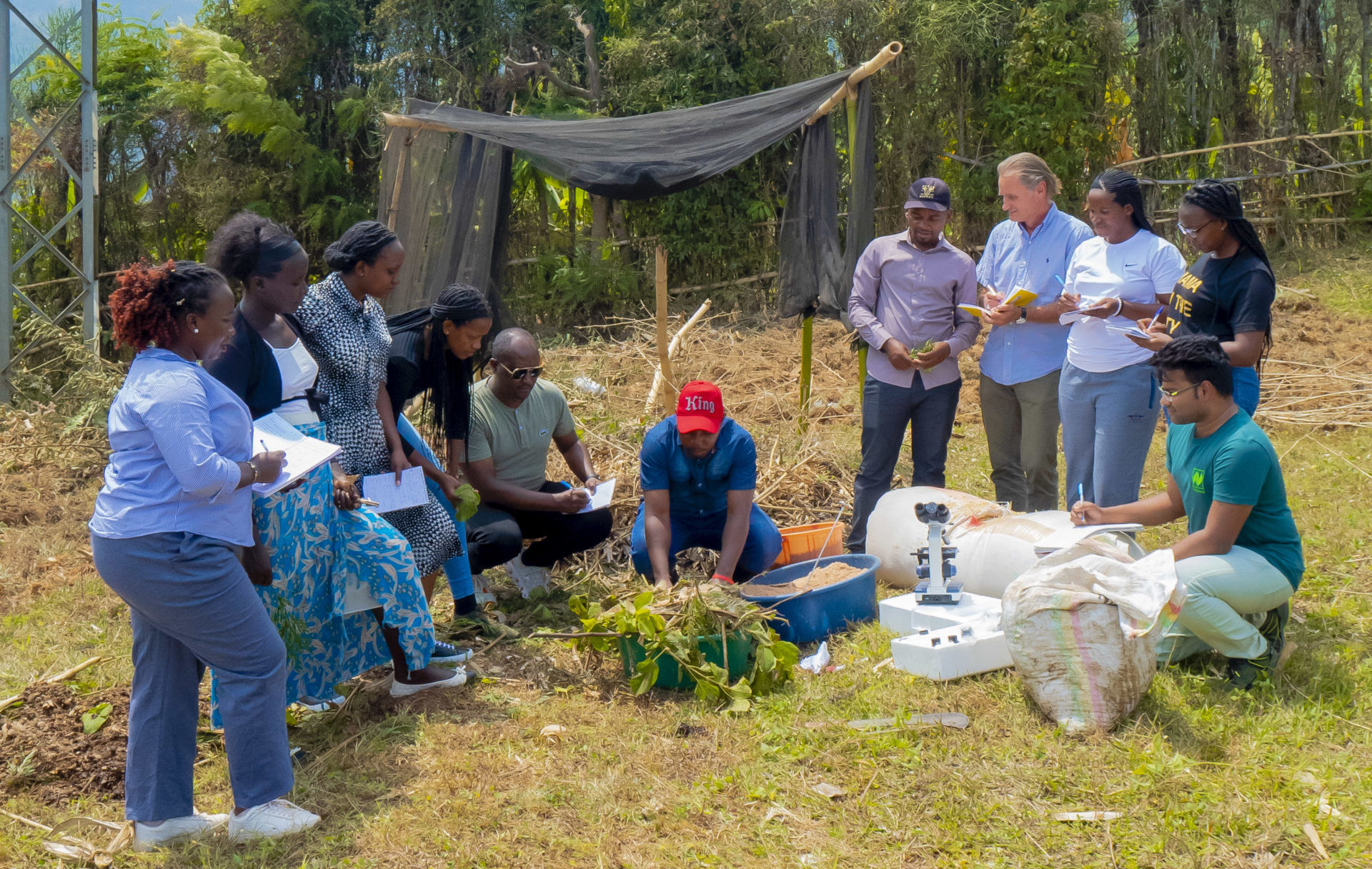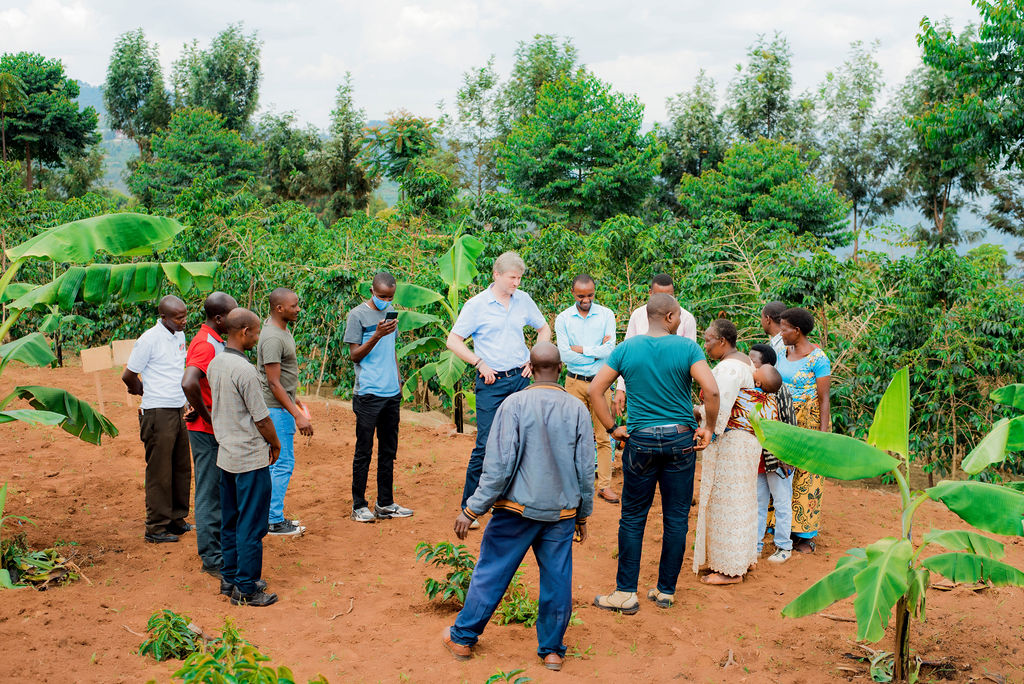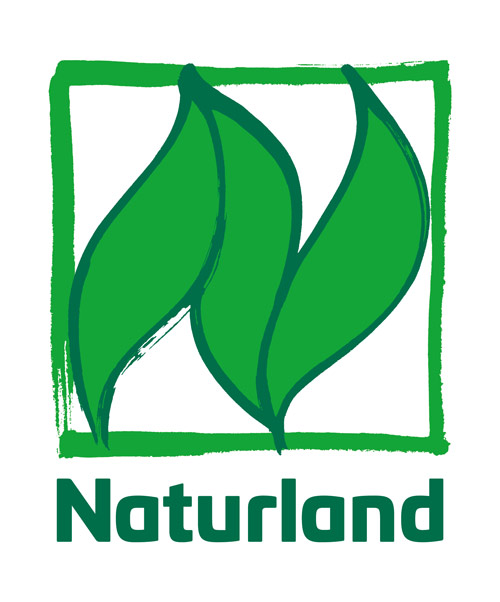Diamond Sponsor Spotlight:
Naturland’s Role in Shaping Sustainable Food Systems Worldwide
We talked to Steffen Reese, General Manager of Naturland e.V. to discover the organisation’s history and long-standing contributions to the global organic movement, from pioneering organic practices, to empowering farmers, to cultivating strategies to drive sustainable agriculture and food systems forward.
IFOAM – Organics International: Can you tell us about Naturland’s history and its journey in promoting organic farming? How did it all start?
Steffen Reese: Our journey to a wonderful global farmers family and network started in 1982, more than 40 years ago, in Germany. Ten engaged people such as farmers, scientists, consumers and others had the vision to transform the chemical input driven agriculture into organic farming. One of our founders was building up a farm at that time in Italy – La Selva. So Naturland has its international background in its DNA right from the beginning. Along with the conversion to organic as well as the needed organic integrity of the well-known German bakery “Hofpfisterei” and the fair-trade company GEPA, Naturland developed within the country of origin as well as internationally strongly.
In the 1980s Naturland supported converting tea gardens in Sri Lanka and India to proof those to be the first organic tea gardens in the world. The same came true with Naturland certified coffee from Latin America.
In the 1990s Naturland implemented standards on wood and forestry as well as the “Naturland Standards for Organic Aquaculture” – in response to the overfishing and the extremely poor conditions in fish farms.
In the 2000s Naturland standards had been set up for sustainable fisheries, cosmetics and textiles. Important steps had also been the implementation of social standards as well as the Fair certification scheme – combining organic and fair in one label.
Today, there are now about 120,000 farmers in more than 60 countries, who produce food in accordance with our high Naturland standards on more than 600,000 hectares worldwide.
IFOAM: What are some of the core values and principles that guide Naturland’s work with farmers?
SR: We want organic to be the overall general understanding of farming – and not just the exception. The fairness towards soil, water and the whole environmental system must also come true for all farmers and workers in the supply chain. We consider the social standard obligatory, which is why the Naturland Fair trade scheme is made mandatory.
The Naturland vision is to shape ecological transformation worldwide. Our core values are responsibility, pioneering work, honesty and determination. We are determined to actively force and support organic farming and processing.
With in-depth research alongside consequent standards and ongoing coaching by an advisory service or the Naturland Academy, we support farmers to work with nature and with the animals to produce sustainable food.
Globally we organize transparent supply chains, build up and be part of organic alliances and strongly focus on a turnaround of all agricultural and nutritional topics towards sustainability.

IFOAM: What are some of the key challenges farmers face in maintaining organic practices, and how does Naturland help to address these?
SR: Farmers face a challenge deciding for organic, transitioning into organic and maintaining organic practices. Maintaining organic can be a matter of reflecting on how to further develop practices. For example, the development of soil fertility necessitates the introduction of certain practices on organic manure such as wormy compost. Maintaining organic can also be a matter of mechanization when human labour necessarily becomes more expensive – or unavailable in the future.
Climate catastrophes constitute another major challenge to farmers globally. This year, we suffered deep losses witnessing the passing of Naturland members due to landslides following heavy rainfalls in eastern Africa. As a result, a Naturland Disaster Relief Fund will be set up.
Consumers and the supply chain challenge the maintenance and growth of organic – see wars, inflation and the rise of cost of energy. Politics might block the development of organic – see effects of the new EC regulation. Naturland does address politicians, the society and the supply chain – each single voice is needed – and of course all this has to line up to strong common positions of umbrella organizations such as IFOAM – Organics International
IFOAM: How does Naturland collaborate with other organizations, both locally and internationally, to further the cause of organic agriculture?
SR: Organic alliances are part of our DNA. For example, on capacity building we offer our experience and knowledge within international projects. This is to develop and/or strengthen national organic organizations. We collaborate with universities and research institutes on organic and social projects. We are supporting the organic movement with board members in different umbrella organizations on different regional levels, on national levels such as within the German organic umbrella organization (BÖLW), the German Fair-Trade movement (FFH) or with Marco Schlueter in the world board of IFOAM – Organics International.

IFOAM: Looking ahead, what are Naturland’s future goals for organic farming, and how can global platforms like IFOAM help to achieve these visions?
SR: Naturland’s former board member Dr. Felix Prinz zu Loewenstein once said: “We will eat organic or in future we won’t eat at all”. We need to push organic farming around the globe, we shall support small-scale farmers to be supported by their society, grow and sell organic in the same region – and export will be just a part of the future reality. But we also need to integrate farms on another level to fight the environmental crises. We need to support and develop alternative pathways to acknowledge organic in a less costly process without questioning integrity. We also need to fund farmers for additional values to be brought forward instead of bringing in more bureaucracy with more standards to be inspected without any social consequence. In addition, we have to reflect our understanding of organic. We cannot limit ourselves to a formalized governmental understanding of organic. And we all need to focus on the challenges and chances of Artificial Intelligence. All of these are topics of the organic movement – so also IFOAM – Organics International will be part of those developments.

